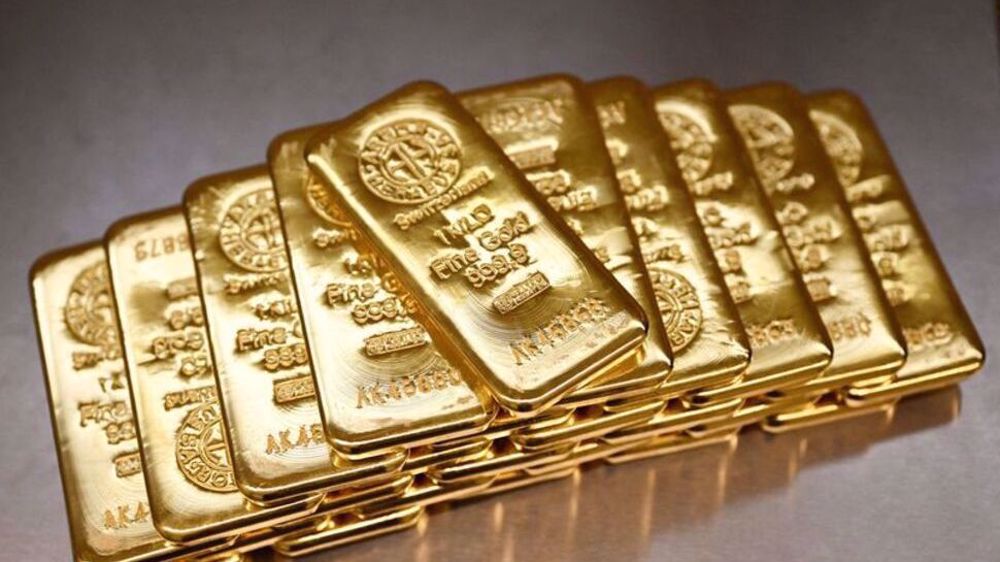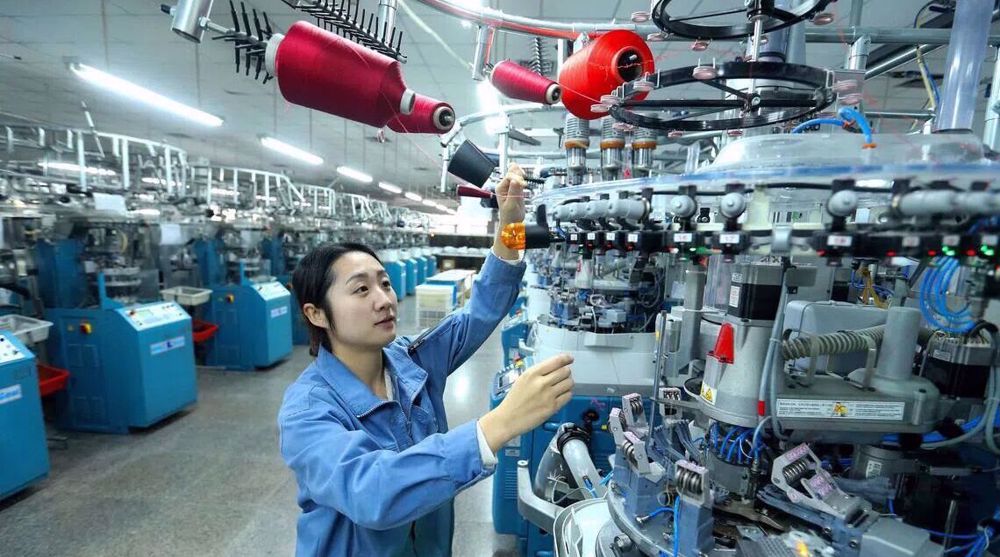Iraq says any oil output hike breach of producers’ deal
Iraq has described any unilateral decision by any oil producer regarding output as a breach of a supply cut pact between OPEC and non-OPEC countries, warning that such a move could lead to the collapse of the pact that was devised to help stabilize prices.
Iraq’s Oil Minister Jabar al-Luaibi was quoted by media as saying that producers should not be influenced by pressure to pump more oil.
Al-Luaibi’s comment could be a direct reference to Saudi Arabia that has reportedly announced it would be ready to increase output should Iran’s supplies are cut from markets once a fresh wave of sanctions against the country are put into place.
Jabar al-Luaibi said in a statement that oil prices still needed more support and stability, and producers “should not over exaggerate the need of the oil market for more oil supplies in the time being.”
Last month, US President Donald Trump said he would pull Washington out of a 2015 nuclear agreement with Iran. Trump also said he would launch mechanisms to re-impose what he described as the “highest level of sanctions” against Iran.
The sanctions would include a universal ban on Iran over buying or acquiring US dollars as well as restrictions over purchases of crude oil from the country and investing in its oil sector projects.
On the same front, reports emerged in media that the administration of President Trump had asked Saudi Arabia to be ready to increase its oil production as soon as sanctions against purchases of Iranian oil would be put into place.
The prospects for the Saudis to pump more oil are already believed to be threatening a deal between OPEC and its allies led by Russia to curb output by about 1.8 million barrels per day (bpd), starting from January 2017, to reduce a supply glut and boost prices, according to a report by CNBC.com. The deal is due to expire at the end of 2018.
Iran’s layered arsenal primed to deter – and decimate – US warships in Persian Gulf
Iranian commander dismisses US military buildup in West Asia as ‘theatrical gesture’
Trump ‘curious’ why Iran hasn’t ‘capitulated’ despite massive US military buildup: Witkoff
Hawkish US senator pushes Trump to ignore aides, press ahead with war against Iran
Far-right, anti-Islam protest sparks counter-protests in Manchester
Press TV's news headlines
Sudan’s mining sector suffers $7 billion loss amid ongoing civil war
Ansarullah slams Israel’s massacre in east Lebanon, urges unified Arab action










 This makes it easy to access the Press TV website
This makes it easy to access the Press TV website